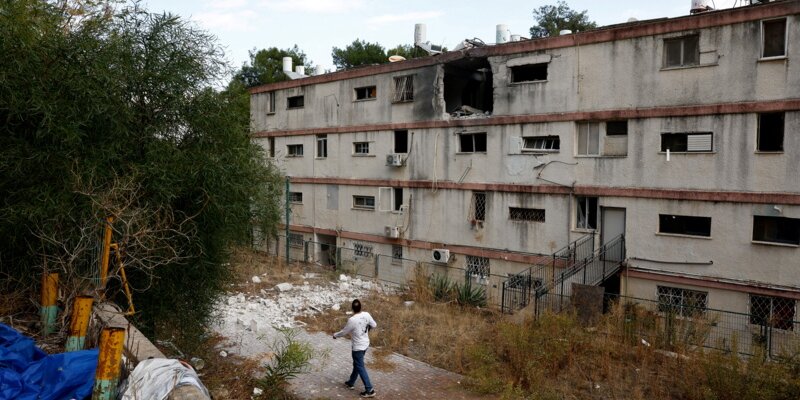The Un-rehabilitated: "It’s true – if you've got money, you can buy your freedom faster"
Read the following statistic carefully: 70 percent of the prisoners released from Israeli jails do not go through any kind of rehabilitation process. Of those that do, just one in five is handled by the Prisoner Rehabilitation Authority, which has an annual budget of 60 million shekels. For the 10 percent who have the financial wherewithal, there are unsupervised, private rehabilitation programs, which help shorten the period of incarceration. Little wonder that Israel’s recidivism rate is more than 40 percent.


Read the following statistic carefully: 70 percent of the prisoners released from Israeli jails do not go through any kind of rehabilitation process. Of those that do, just one in five is handled by the Prisoner Rehabilitation Authority, which has an annual budget of 60 million shekels. For the 10 percent who have the financial wherewithal, there are unsupervised, private rehabilitation programs, which help shorten the period of incarceration. Little wonder that Israel’s recidivism rate is more than 40 percent.

Read the following statistic carefully: 70 percent of the prisoners released from Israeli jails do not go through any kind of rehabilitation process. Of those that do, just one in five is handled by the Prisoner Rehabilitation Authority, which has an annual budget of 60 million shekels. For the 10 percent who have the financial wherewithal, there are unsupervised, private rehabilitation programs, which help shorten the period of incarceration. Little wonder that Israel’s recidivism rate is more than 40 percent.
Photo: Bea Bar Kallos

Roni Singer
October 26, 2021
Summary


Listen to a Dynamic Summary of the Article
Created using NotebookLM AI tool
The Prisoner Rehabilitation Authority is a government body with statutory powers. It is under the auspices of the Ministry of Welfare and Social Affairs and has an annual budget of around 60 million shekels. It operates in accordance with the Prisoner Rehabilitation Authority Law and the Parole Law, which condition early prisoner release on participation in a probation program and supervision.
A comprehensive report by the state comptroller, published in May 2021, found that more than 70 percent of prisoners in Israel serve their entire sentences – because they are unable to sign up to a rehabilitation program. Those who manage to convince the parole board that they deserve early release but were not able to get onto a PRA program for whatever reason, can turn to one of the private programs that have been established in recent years. In exchange for a payment of several thousand shekels, a prisoner can build a personal rehabilitation plan, to be submitted to the parole board.
In practice, just 20 percent of the prisoners who are released every year in Israel are part of a PRA program. Another 10 percent – several hundred prisoners a year – buy their way onto a private rehabilitation program. The vast majority of prisoners are released back into society without having been through any rehabilitation, before or after their release.
Yoni Yahav, a former prisoner who runs a Facebook group that campaigns for improved jail conditions, argues that that whole system “is a money-making industry and no funds are being poured into genuine rehabilitation. There’s no guidance, no assistance, and no funds coming from people whose whole job is to provide exactly those things.”













